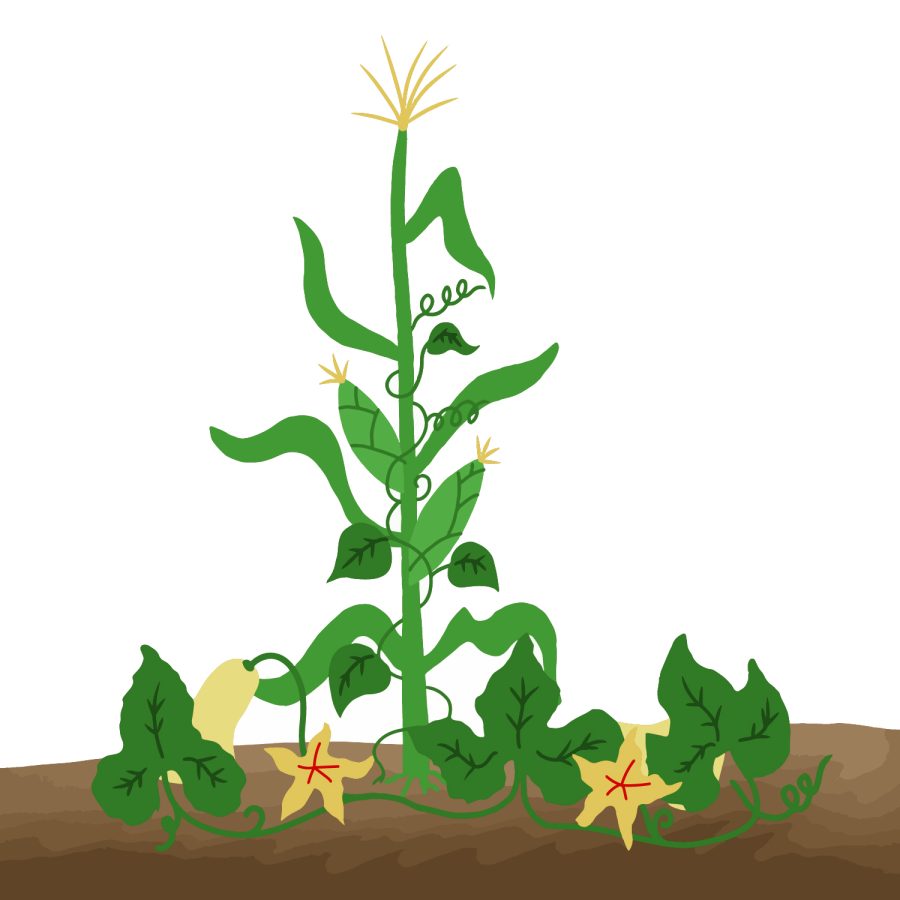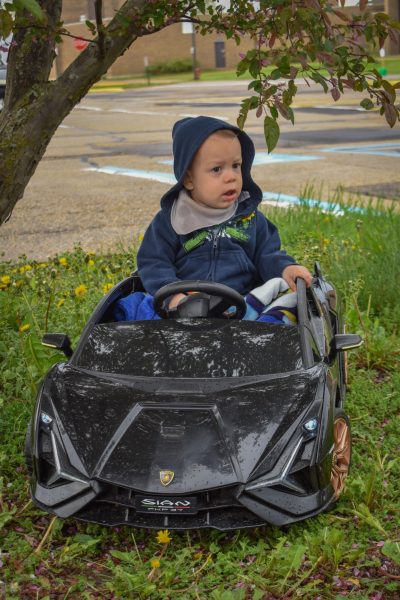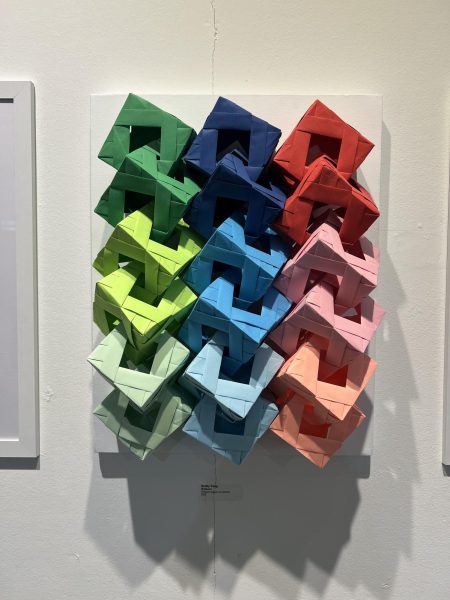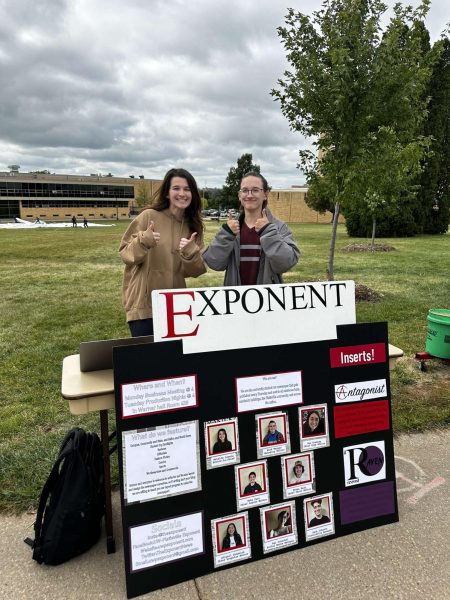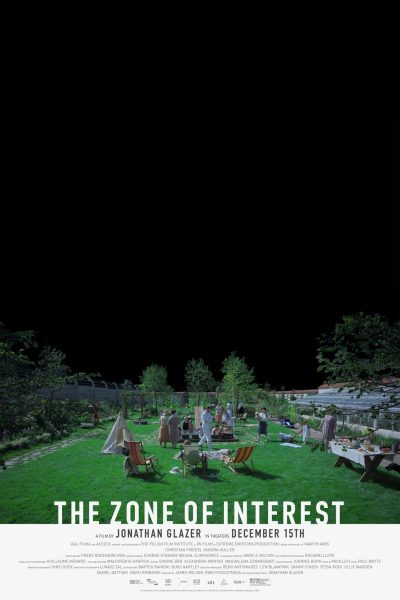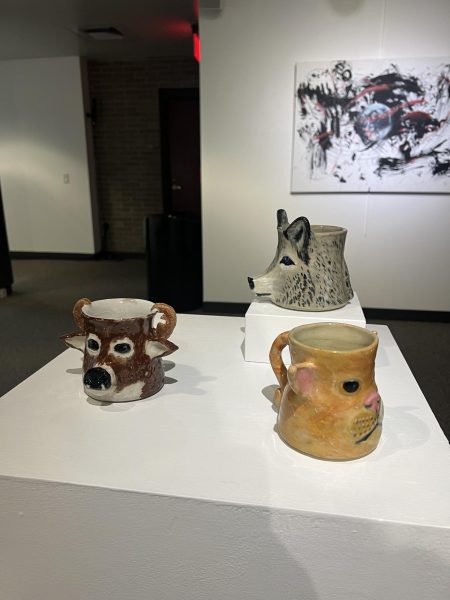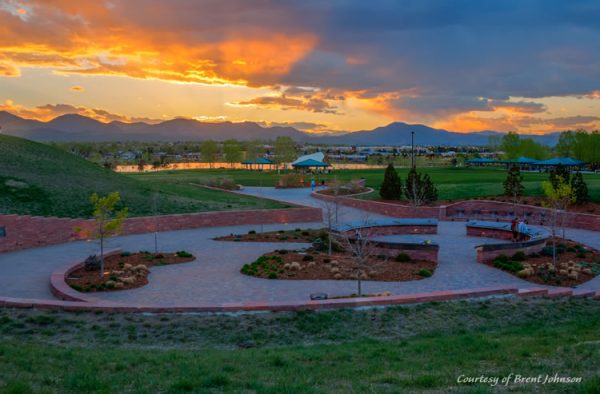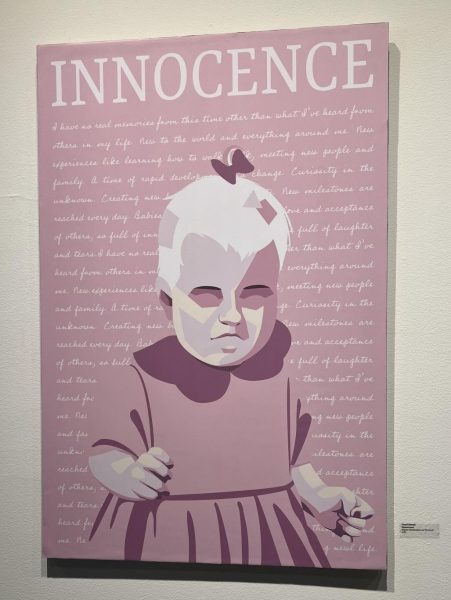“Welcoming Seeds Home” Webinar
Seed Savers Exchange hosts series on indigenous seed collecting and land-backing
As part of their education program, The Seed Savers Exchange recently hosted a webinar series about seed rematriation. The SSE is a non-profit organization that connects farmers. The SSE also collects, stores and regenerates heirloom seeds, distributes seeds via a catalog and website and educates gardeners.
Seed rematriation, as the SSE handout accompanying the series states, “addresses the desire for Indigenous communities to actively reclaim their ancestral seeds and traditions.”
This webinar series covers the efforts of SSE, funded through a grant by the North Central Sustainable Agriculture Research and Education Partnership.
The first webinar was hosted by Shelley Buffalo, an enrolled member of the Meskwaki Tribe and 2021 Seasonal Seed Steward for SSE. Currently, Buffalo works for the Sustainable Iowa Land Trust through the Americorp VISTA Program.
Buffalo introduced the two featured partners, Dr. Rebecca Webster and Kellie Zahn.
Dr. Webster is an enrolled citizen of the Oneida Nation and an assistant professor in the Department of American Indian Studies at the University of Minnesota-Duluth.
Zahn is the agriculture agent at the Stockbridge-Munsee Band of Mohican Indians Community, located in Bowler, WI.
Both the Oneida Nation and the Stockbridge-Munsee Band of Mohican Indians originally lived in the modern New York area. However, early colonists from Europe pushed the indigenous peoples out of their ancestral lands and with the loss of their ancestral lands, the ancestral seeds were also lost, too.
Dr. Webster began her presentation with an introduction to her Oneida farmstead, Ukwakhwa: Tsinu Niyukwayay’thisl, which translates as “Our foods: Where we plant things.” Starting with a humble crop of white corn in 2015, Ukwakhwa expanded to more indigenous and Haudenosaunee (Iroquois Nations) varieties including corn, beans, squash, tobacco and sunflowers.
In 2017, Dr. Webster and her partner, Steve, purchased ten acres within the Oneida reservation. These ten acres consisted of conventionally farmed or damaged soil and a former paintball course with rotten wooden structures, old barrels and over 2000 tires.
Through the years, Ukwakhwa has been working to rehabilitate the land. With the help of USDA grants, the farmstead has developed pollinator habitats, extensive tree planting and a high-tunnel greenhouse for a Three Sister Gardens.
AThree Sisters Garden is an indigenous farming practice in which land stewards plant corn, squash and beans in the same location to form spiritual, symbiotic and timely growing seasons.
In 2020 and 2021, as part of the SSE Rematriation Program, Ukwakhwa welcomed more Haudenosaunee seed varieties that had not been planted before. The farmstead also opened a community kitchen for community members to process their foods.
Dr. Webster closed with Ukwakhwa’s mission statement: “Every time an indigenous person plants a seed, that is an act of resistance, an assertion of sovereignty and a reclamation of identity.”
Next, Kellie Zahn talked about her work with the Stockbridge-Munsee Band of Mohican Indians based in Bowler, WI.
To establish and improve food sovereignty, the tribe began to establish their agriculture department in 2015.
The strategic plan defined food sovereignty as “helping the community’s food supply become more self-sufficient (with) hands-on education about growing and preserving food (and) starting a tribal farm to supply food for tribal members and businesses.”
As an agricultural agent, Zahn provides 15-20 classes each year and assists in running the tribal farm to provide food sources locally, as compared to grocery stores available over 20-30 minutes away.
When Zahn was hired, the tribe set aside half of an acre for her to begin the farm. Since then, with grants from the USDA, First Nations Development Institute, Native American Agriculture Fund and SARE, the farm has been slowly developing.
Outside of the educational aspect, the farm produced over 900 pounds from 35 varieties during the previous growing season.
The success of the Stockbridge-Munsee Farm and of Ukwakhwa lies in the slow expansion of the farmland. From the “regular” farm crops to the heirloom and ancestral crops, each season has been a stepping stone in the rematriation journey.
Buffalo led a guided question-and-answer session to allow Dr.Webster and Zahn to expand on the ramifications of seed rematriations.
The end of the webinar included a question-and-answer session for Dr. Webster and Zahn.
“For me, rematriation is welcoming our seeds home,” Dr. Webster started. “As Kellie mentioned, Oneida and Stockbridge are from out east. We were removed. We felt, like so many other tribal communities, the effects of colonization, assimilation and removal.”
Dr. Webster continued, “We have a pretty rough past that we have a lot of healing to do from that. I think that rematriation of our seeds is one of those ways that we are healing.”
Zahn said, “Being able to reconnect these seeds with the community is such a gift … I didn’t realize how much of an important connection that these seeds could be to somebody’s past or how healing it could be and how much of a sacred space (it could be).”’
The second webinar is available on YouTube on the SSEHeritageFarm channel. The third session is on March 1 at 1 p.m. on YouTube Live.




